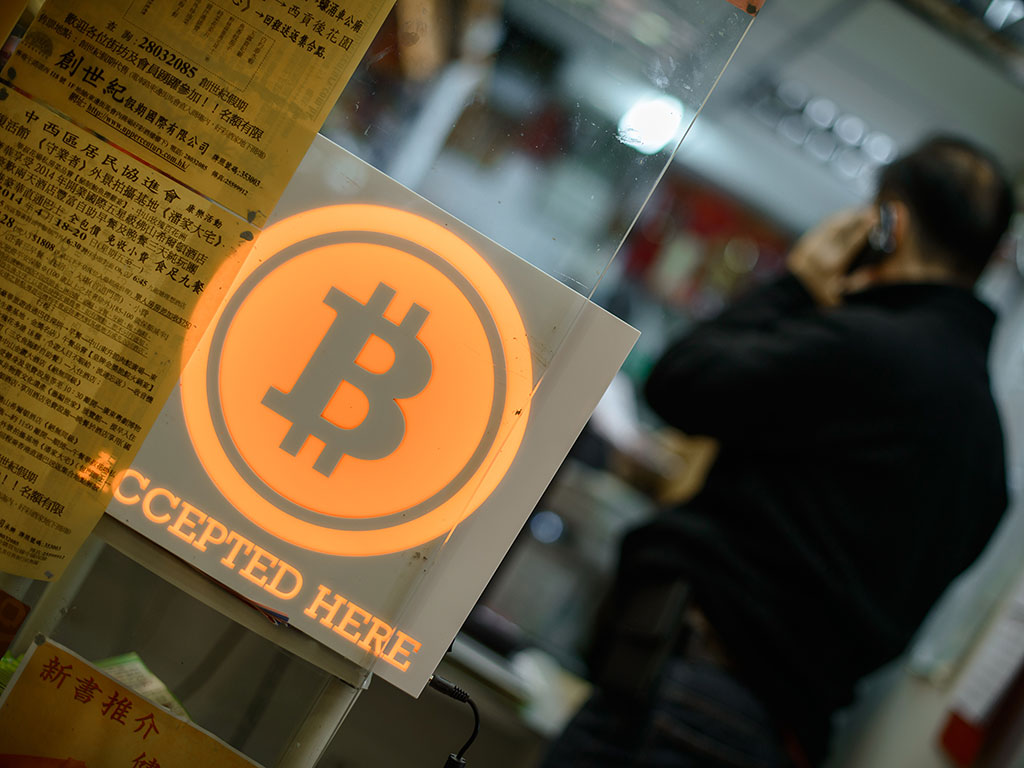JPMorgan has its own blockchain project
Banks may have been contemptuous of bitcoin, but that’s changing as they realise how much time and money they could save with blockchain

A sign at the first bitcoin shop, in Hong Kong. Blockchain technology underpins the digital currency but could also be used by banks to speed up financial transactions
According to a recent report by the Financial Times, JPMorgan Chase recently started working on a trial blockchain project with the help of tech start-up company Digital Asset Holdings. The pilot programme aims to develop the technology, which underpins the digital currency bitcoin, in order to reduce the bank’s overheads and reduce the complexity of day-to-day trading.
The launch of this project and others like it represents sea change in attitudes towards the technology within the financial services sector, with more and more banks realising its potential to save them money and streamline processes.
On top of improving overall efficiency, the technology could help address “liquidity mismatches”
On top of improving overall efficiency, the technology could help address “liquidity mismatches” within JPMorgan’s loan funds, according to the the Financial Times report. “To sell a loan is a very cumbersome, time-consuming process; settlement can take weeks”, Daniel Pinto, head of JPMorgan’s investment bank, told the paper. He said it “makes all the sense in the world” to explore blockchain’s potential to improve that process.
Earlier in January, another start-up, R3CEV, carried out a test involving 11 of its members (Barclays, BMO Financial Group, Credit Suisse, Commonwealth Bank of Australia, HSBC, Natixis, Royal Bank of Scotland, TD Bank, UBS, UniCredit and Wells Fargo) on a distributed ledger based on the public Ethereum network. The test was designed to allow the members to explore the potential of blockchain technology and give them the opportunity to execute financial transactions instantaneously across the global private network.
“The transition from vision and hypothesis to application and execution signifies the next major step towards using this technology to transform how institutions interact, report and trade with each other in financial markets”, David Rutter, CEO of R3, said in a statement. “This is a very exciting development, both for R3 and our member banks, as well as the global financial services industry as a whole.”
The simulation also provided the banks with the ability to simulate exchanging value, represented by tokenised assets on blockchain without the need for a centralised third party being involved.
“Blockchain technology represents a fundamental shift for financial services, and we think it is important to be close to the technology being developed”, said Olivier Perquel, Head of Financing and Global Markets for the Corporate and Investment Bank of Natixis. “Natixis is glad to cooperate with R3CEV and consortium member banks to enable and accelerate this transformation with a collaborative approach.
“This experiment is a significant milestone to bring this technology to market and it underscores our long-standing commitment to explore technology that has the potential to greatly enhance our customers’ experience.”













